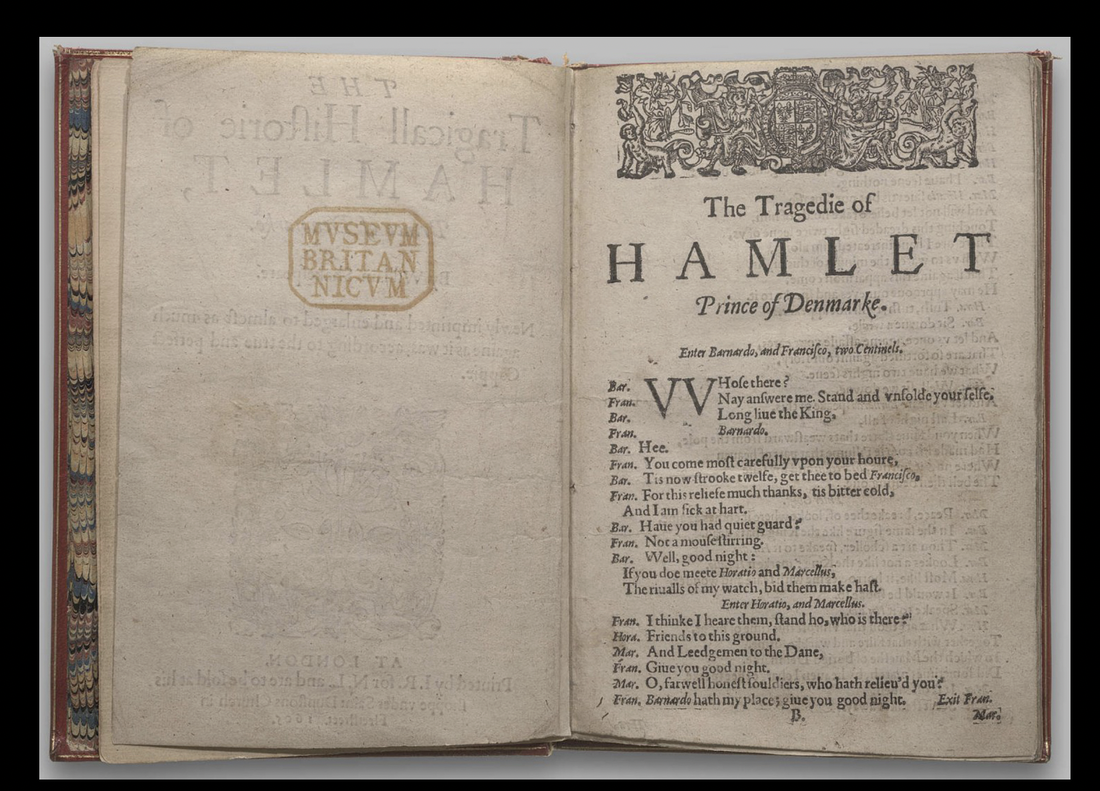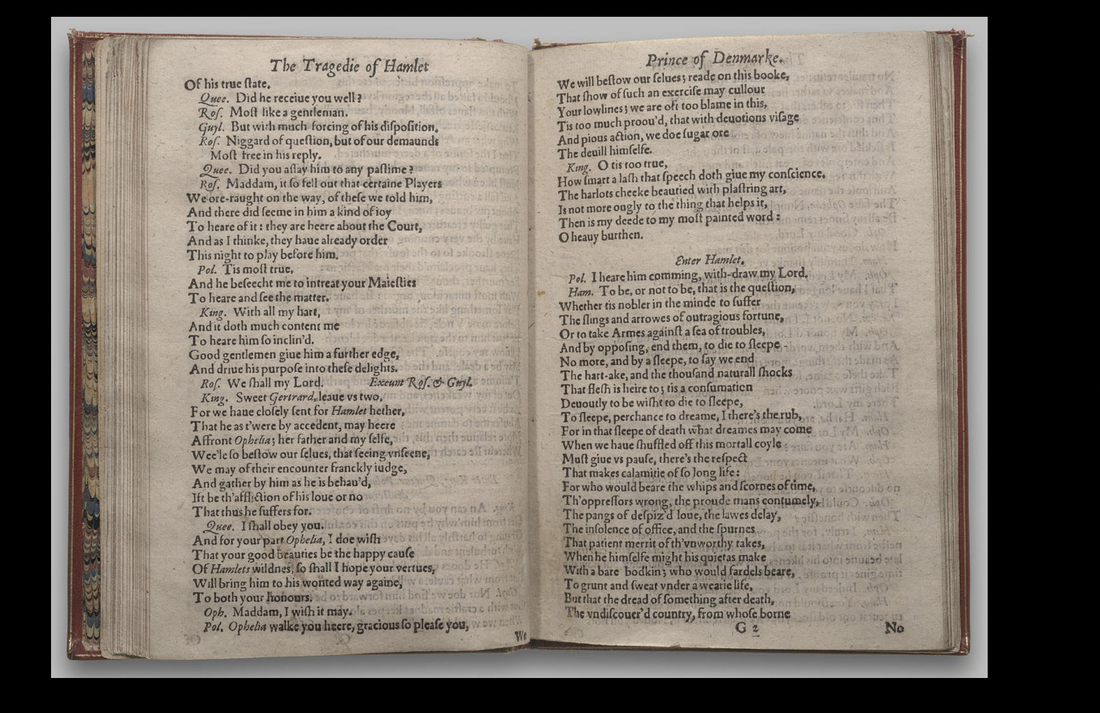Shakespeare's languageProse and Verse in Shakespeare's Plays Written by Kim Ballard A quick glance through all editions of Shakespeare's plays is a visual reminder that all of his dramas were written using both prose and verse. Shakespeare's mix of verse and prose A mixture of these two compositional forms is rare in much literature, but common in the plays of Shakespeare and other playwrights of the period. We would probably expect modern plays to be written in prose, but the practice of British playwrights before Shakespeare was to write in meter verse. Poetry was considered the primary literary form, although prose was used for some types of storytelling, such as chivalric romances and traveler stories. (The novel as we know it did not appear until the 18th century.) The use of prose alongside verse gradually permeated British drama towards the end of the 16th century. In all speech, whether in verse or prose, stressed syllables stand out by having longer vowel sounds, or being expressed with greater volume or higher pitch, than unstressed syllables. Shakespeare was a master of the unspoken, using the framework with imagination and flexibility. The genre of the play was one of the factors influencing the use of prose or verse in Shakespeare's drama, but so were the characters and their situations. , prose was considered suitable for comedy or low-status figures, and verse was considered appropriate for high-status figures. Early in his career, however, Shakespeare began to break away from this convention. Even in his tragedy, Shakespeare uses the interplay between verse and prose, and Hamlet is a fascinating example of this. At the beginning of the play, Hamlet speaks in verse before visiting his father's ghost to inform him of his murder, but as an excerpt from his first monologue, cracks are already showing. Curiously, Hamlet talks to her friend Horatio, whom she still trusts, and his mother, with her clues about what he thinks of her, despite her terribly erratic behavior. His soliloquies are also verses that represent Hamlet's essential nobility and are a suitable vehicle for complex moments of self-inquiry. But prose is equally versatile. The rhythms and units are different, sometimes overtly, sometimes more subtle. Leaving these other verse forms aside, the play in most respects is very traditional in its allocation of prose and non-rhyme. The high-status characters (Prospero, Miranda, and shipwrecked royalty and nobles) speak almost entirely in verse, while the lower-status characters (the Marine, Trinculo the Clown, and Stefano the Drunken Butler) speak in prose. Verbing: Shakespeare's linguistic innovation David Crystal Older grammarians never considered Shakespeare's original use of language when they defined nouns as 'names of people, places or things' and verbs as 'words that do'. A noun by name? No more with static, passive, descriptive labels? even alittle. Verb neologisms in plays are some of Shakespeare's most powerful linguistic creations, and it's worth noting that many started out in life as nouns. In fact, this method of forming new verbs is so common that it's as if we see a latent verb lurking within every noun. No, 'submerged' is not correct. 'Bubbling' would be better. The metaphor here must be dynamic. Like the burst of energy that comes when you open a bottle of champagne, it hints at a repressed activity beneath the surface and waiting for things to lift. This is Mowbray complaining about his sentence of banishment from Richard II. In my mouth you entangle my tongue Double rubbed with my teeth and lips... (1.3.160) Say the first line out loud, emphasizing the verb as much as possible. enjaled What a wonderfully concise and lively expression! Compare that to the loss of power that comes as soon as you turn it back into a noun. You have put my tongue in prison in my mouth... If there's even a hint of champagne left in that sentence, it's bland. Just look up the nonce usage of en-/em-cited in the 1500's Oxford English Dictionary and you'll find over 60 examples. These increased to nearly 100 in the 1600s. Part of that is thanks to Shakespeare. Interestingly, nonce coins using en-/em- dropped below 20 in the 1700s, then rose again to over 80 in the 1800s. It's definitely a prefix that goes in and out of fashion. There is only one example cited from the 1900s. It is a poetic use of enwiden. Prefixes seem to be an unusual way of word creation today. Perhaps that's why words like enjail strike us so strongly. Shakespeare's words William Shakespeare invented over 1700 words! In all his works, Shakespeare has 17,677 word. Writers often create new forms of existing words or New words completely because you can't find the exact word you need. existing language. Shakespeare is foremost among them. he is by far the most important Personal influences on the development of modern English as we speak it today. see Ask yourself if you can get through with this short list of words we use in our everyday speech. During the day without having to use at least three.
0 Comments
Leave a Reply. |
Myungja Anna KohArtist Categories
All
Archives
July 2024
|
Proudly powered by Weebly



 RSS Feed
RSS Feed